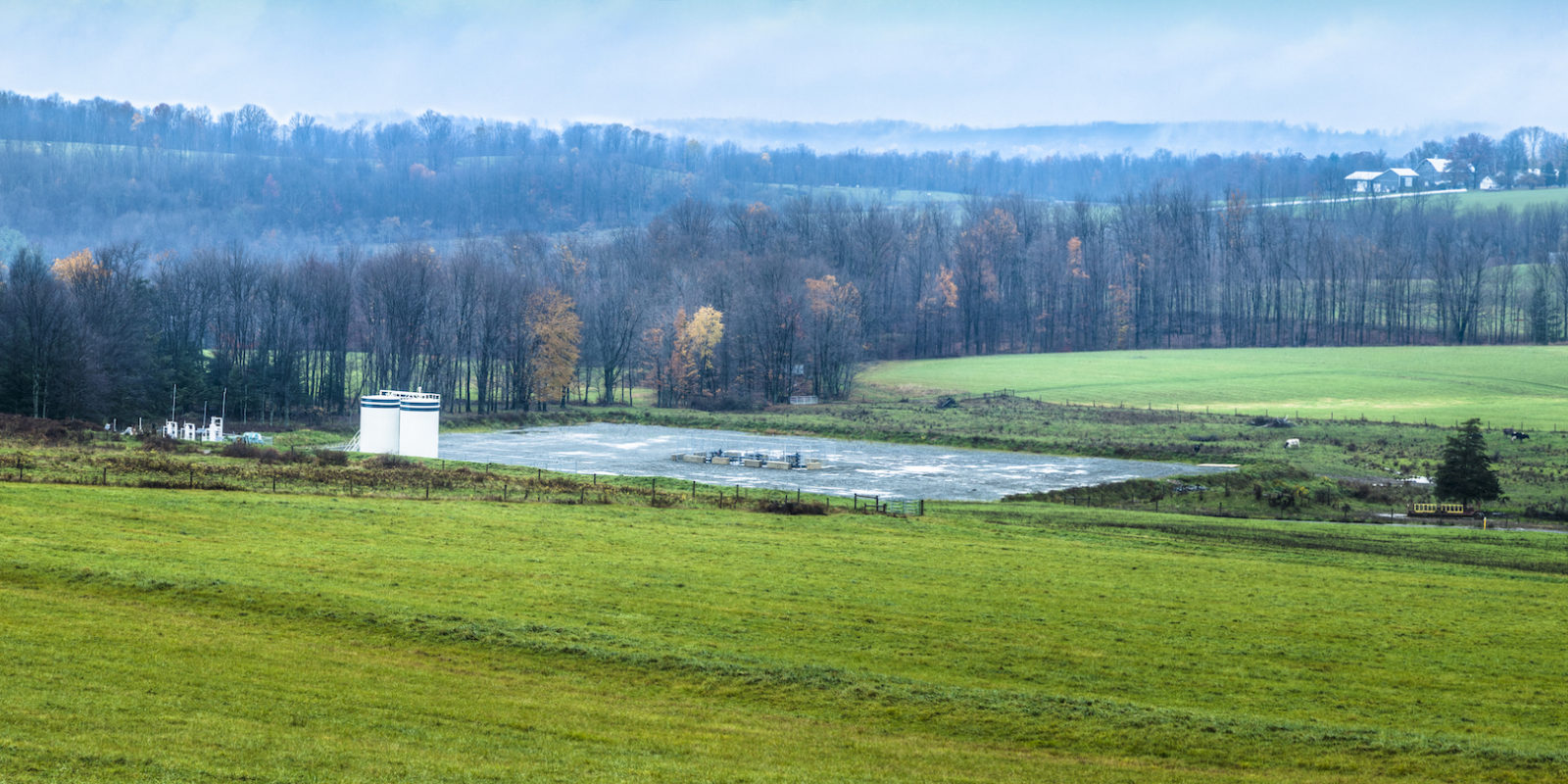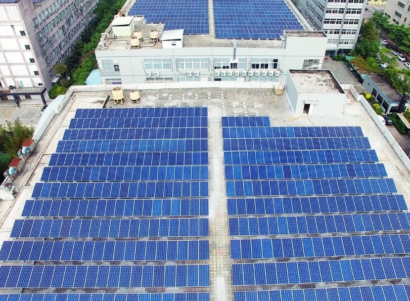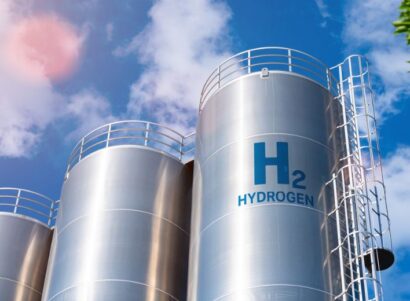Report forecasts thousands of new natural gas wells
Natural gas production on Pennsylvania’s vast black shale deposit known as the Marcellus Shale will nearly double by 2030 to meet growing demand, tripling Pennsylvania’s greenhouse gas emissions from the natural gas sector relative to 2012 levels, according to a report published today by Delaware Riverkeeper Network. The increase in greenhouse gas emissions will remain steady through 2045 with continued shale gas development, projects the report, “Lifecycle Greenhouse Gas Emissions Associated with Projected Future Marcellus Development.”
Broad scientific evidence has demonstrated that the emission of greenhouse gases such as methane and carbon dioxide is accelerating the warming of the Earth’s climate. The report, produced by the nonprofit research institute PSE Healthy Energy, measures projected greenhouse gas emissions from the development of Marcellus Shale gas reserves in Pennsylvania by calculating the total life-cycle emissions — accounting for drilling as well as factors such as infrastructure construction and fuel transport. Researchers based production projections on well quality data and documented levels of demand.
To meet projected demand, 1,600 to 2,000 new shale gas wells will need to be constructed each year, researchers say — nearly doubling Marcellus production by 2030 over 2014 levels. As these new wells come on line, climate-impacting emissions from the sector — primarily methane — will increase 50 percent to 87 percent over 2014 levels. These emissions are at least three times that of Pennsylvania’s natural gas emissions in 2012, the baseline year for recently proposed federal greenhouse gas reduction measures. Researchers note that the new projected development would constitute a second drilling boom for Pennsylvania.
“A tripling of Marcellus-related greenhouse gas emissions will dramatically increase Pennsylvania’s contribution to the region’s climate impact — it’s an alarming finding in the context of new federal climate goals, which, under the Paris climate agreement, aim for a nationwide reduction of all greenhouse gas emissions to 12 percent below 2012 levels by 2025,” said report author Renee Santoro, director of PSE’s Energy and Environment Program. “Pennsylvania itself is supposed to reduce greenhouse gas emissions from electricity generation by 23 percent by 2030.” And while production will occur within Pennsylvania’s borders, Santoro adds, new pipeline infrastructure is expected to be the main driver of a second Marcellus boom and will carry a majority of the newly produced fuel across state boundaries, where end-user combustion will increase nationwide greenhouse gas emissions. “The climate doesn’t really care about state boundaries,” she says.
The Delaware Riverkeeper Network is a nonprofit organization working throughout the four states that comprise the Delaware Watershed — Pennsylvania, New Jersey, Delaware and New York — using actions, regulations, legislation, policies and programs to protect and restore the watershed.
# # #
Physicians, Scientists and Engineers (PSE) Healthy Energy is a nonprofit energy-science and policy-research institute dedicated to supplying evidence-based, scientific and technical information and resources on the public health, environmental and climate dimensions of energy production and use. Our work focuses on unconventional oil and gas development, renewable energy and energy storage.













